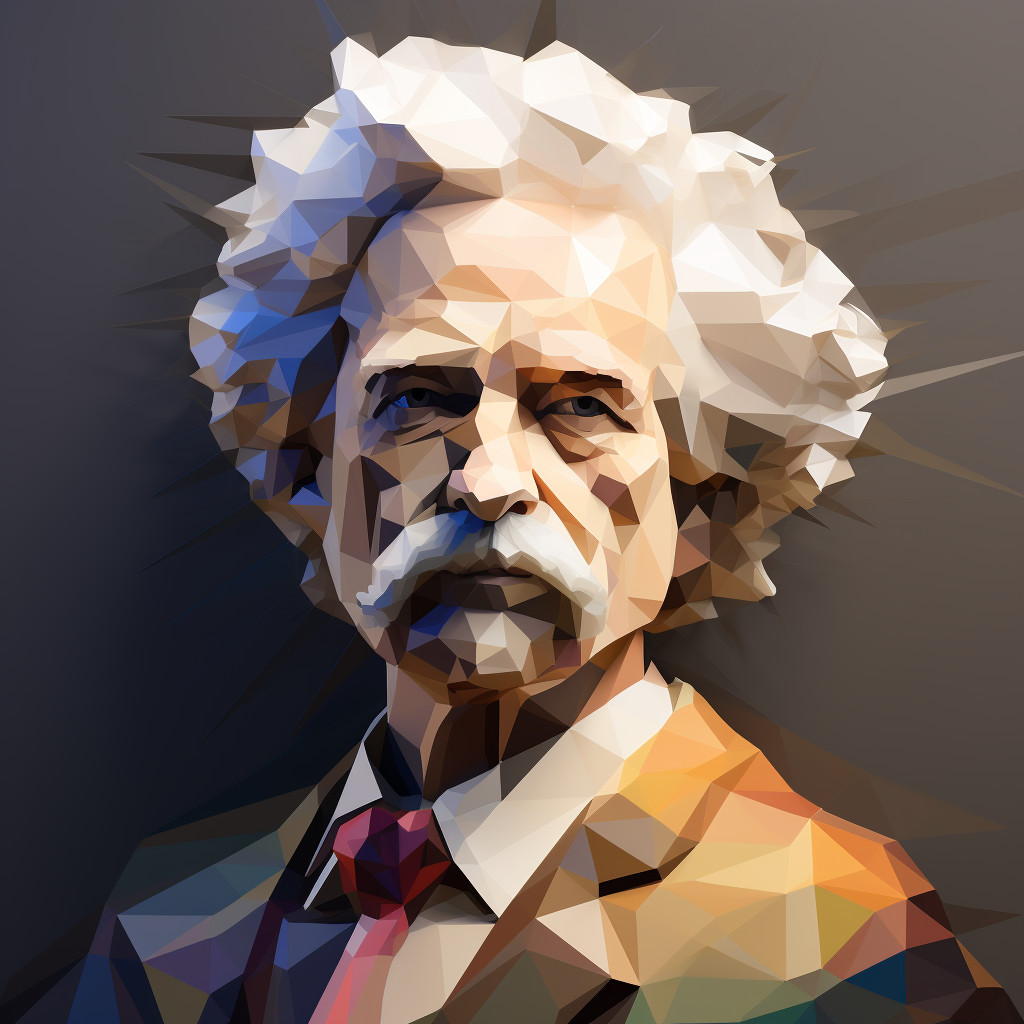This quote suggests a cynical view of humanity, implying that everyone, to some extent, is either morally flawed or deserving of condemnation. It divides people into two categories: those who are already ‘damned’ or morally reprehensible, and those who ‘ought to be damned’ or are yet to face the consequences of their actions. Essentially, it suggests that no human being is perfect or free from sin, error, or wrongdoing.
This perspective can be seen as a reflection of the inherent complexity of human nature. It acknowledges that everyone has their shortcomings, weaknesses, or vices, no matter how virtuous or well-intentioned they may appear. It also highlights the universal tendency to err, make mistakes, or commit wrongs, whether intentionally or unintentionally.
In today’s world, this quote can be applied to various contexts, from politics and business to personal relationships and self-improvement. For instance, in the realm of politics, it could be used to critique the hypocrisy, corruption, or unethical practices that are often associated with power and leadership. It could also be used to challenge the idealized or sanitized images of leaders and public figures, reminding us that they, too, are fallible and capable of wrongdoing.
In the context of personal development, this quote can serve as a reminder of the importance of self-awareness, humility, and accountability. It encourages us to recognize and confront our flaws, mistakes, or wrongdoings, rather than denying, ignoring, or rationalizing them. It also urges us to strive for moral and ethical growth, rather than assuming that we are above reproach or beyond improvement.
Moreover, it can be seen as a call to empathy, understanding, and forgiveness, reminding us that everyone, including ourselves, is prone to failings and foibles. Instead of condemning or judging others harshly, we might learn to accept, tolerate, or even appreciate their imperfections, just as we would want them to do for us. In this sense, the quote can serve as a powerful tool for promoting personal growth, social harmony, and human solidarity.





